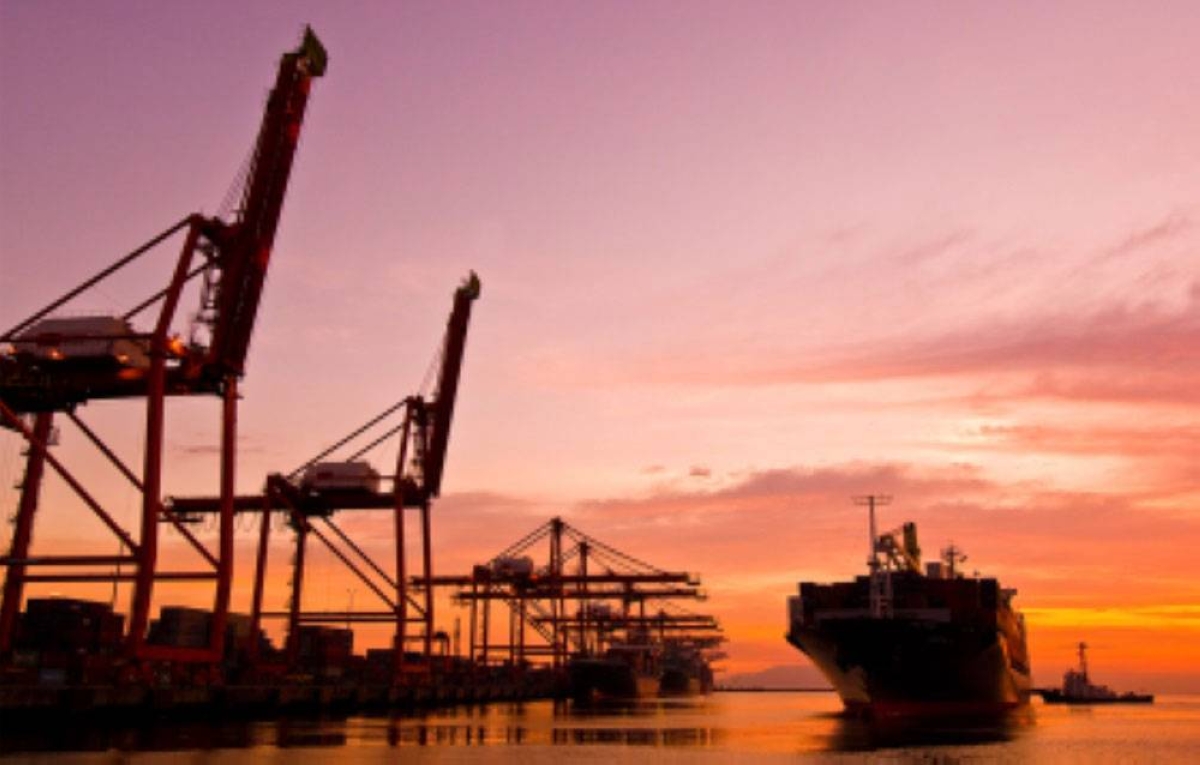
THE Philippines recorded higher economic, societal and environmental scores in this 2023 Sustainable Trade Index (STI), but these were not enough to lift the country's ranking in the now-annual review.
The Philippines saw its overall score rise to 61.4 from 49.5 in 2023, which kept it in 12th place out of the 30 economies that comprise the STI, developed by the Hinrich Foundation in partnership with the Institute for Management Development (IMD).
The report, which first came out in 2016 and was previously released every two years, became an annual issuance starting in 2022.
The index, according to the Hinrich Foundation and IMD, measures the covered countries' "readiness and capacity to participate in the global trading system in a manner that supports the long-term goals of economic growth, environmental protection, and societal development".
Country rankings are based on an analysis of 71 indicators that are grouped into these three "pillars."
The Philippines scored 54.7 in terms of economic growth, up from 41.2 in 2022. This boosted its ranking for this pillar to 16th from 19th previously.
The country's societal and environmental scores, meanwhile, improved to 50.3 and 88 from 34.8 and 85. Its rankings respectively improved to 14th and 4th from 17th and 5th.
New Zealand remained in first place for 2023, followed by the United Kingdom, which also kept its position for a second year running. Singapore rose to 3rd from 5th while Japan dropped to 8th from 4th.
This year's edition of the STI was said to have outlined a shift to "slowbalization," or a slowdown in trade reform and weakening political and policy support for liberalization measures amid rising geopolitical tensions.
"The world's largest economies, which should be leading efforts to reverse 'slowbalization,' are instead among the key countries that are raising tariffs, non-tariff barriers, and slowing trade liberalization," the IMD and the Hinrich Foundation noted in a statement.
Arturo Bris, director of the IMD's World Competitiveness Center, said that "with global trade challenged by geopolitical and health issues, the work of streamlining supply chains and reducing costs has become paramount, even at the expense of social or environmental considerations in global trade."
Hinrich Foundation CEO Kathryn Dioth, meanwhile, said that "the global trade system is experiencing fragmentation that threatens to erode the achievements of 70 years of globalization."
"Protectionist trade policies are being implemented under the guise of responding to the headwinds of post-pandemic inflation and geopolitical tensions," she added.
"[W]hile global trade continues to expand in value, that is mainly due to higher commodity prices."
Source: The Manila Times
Share: